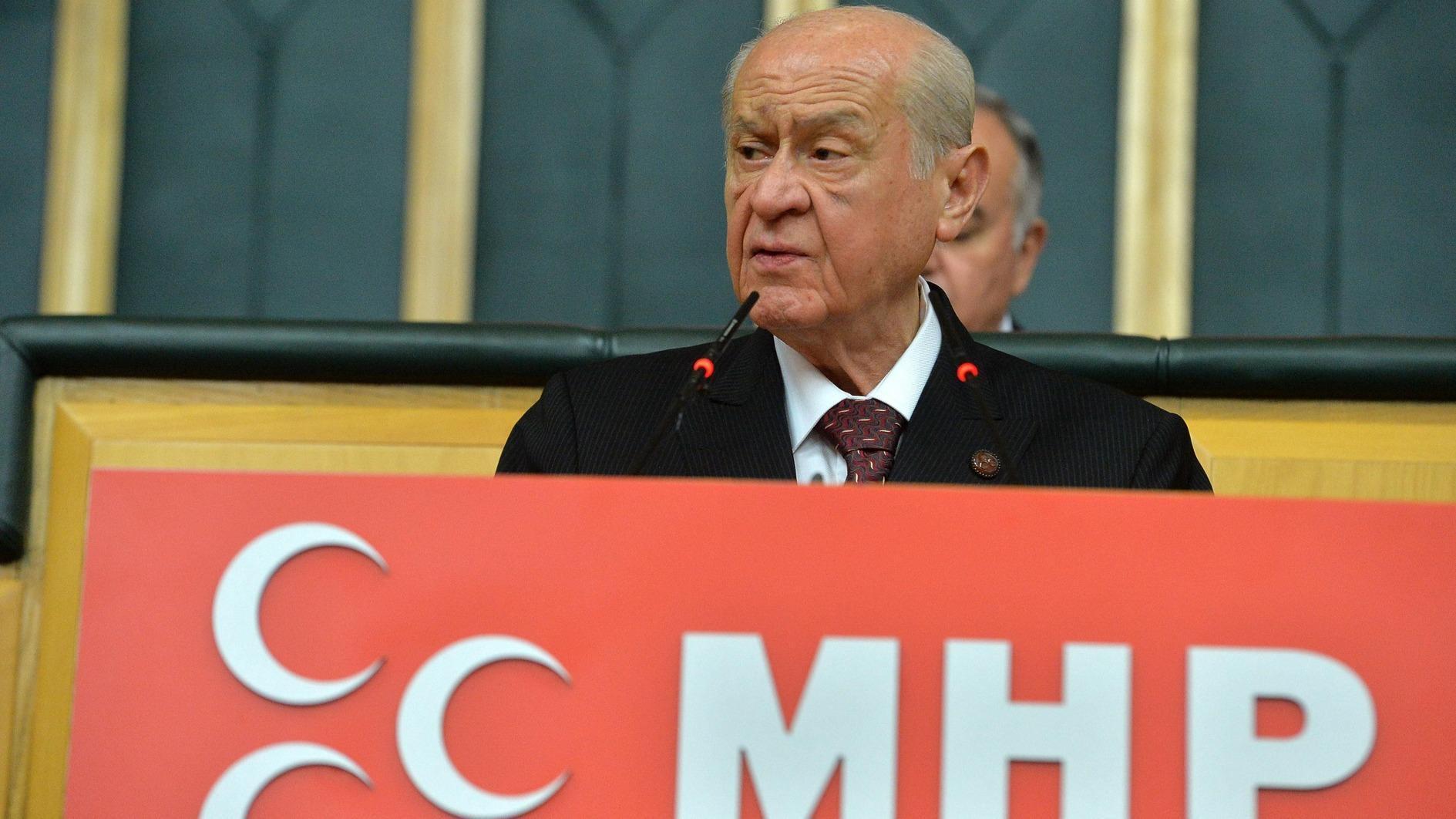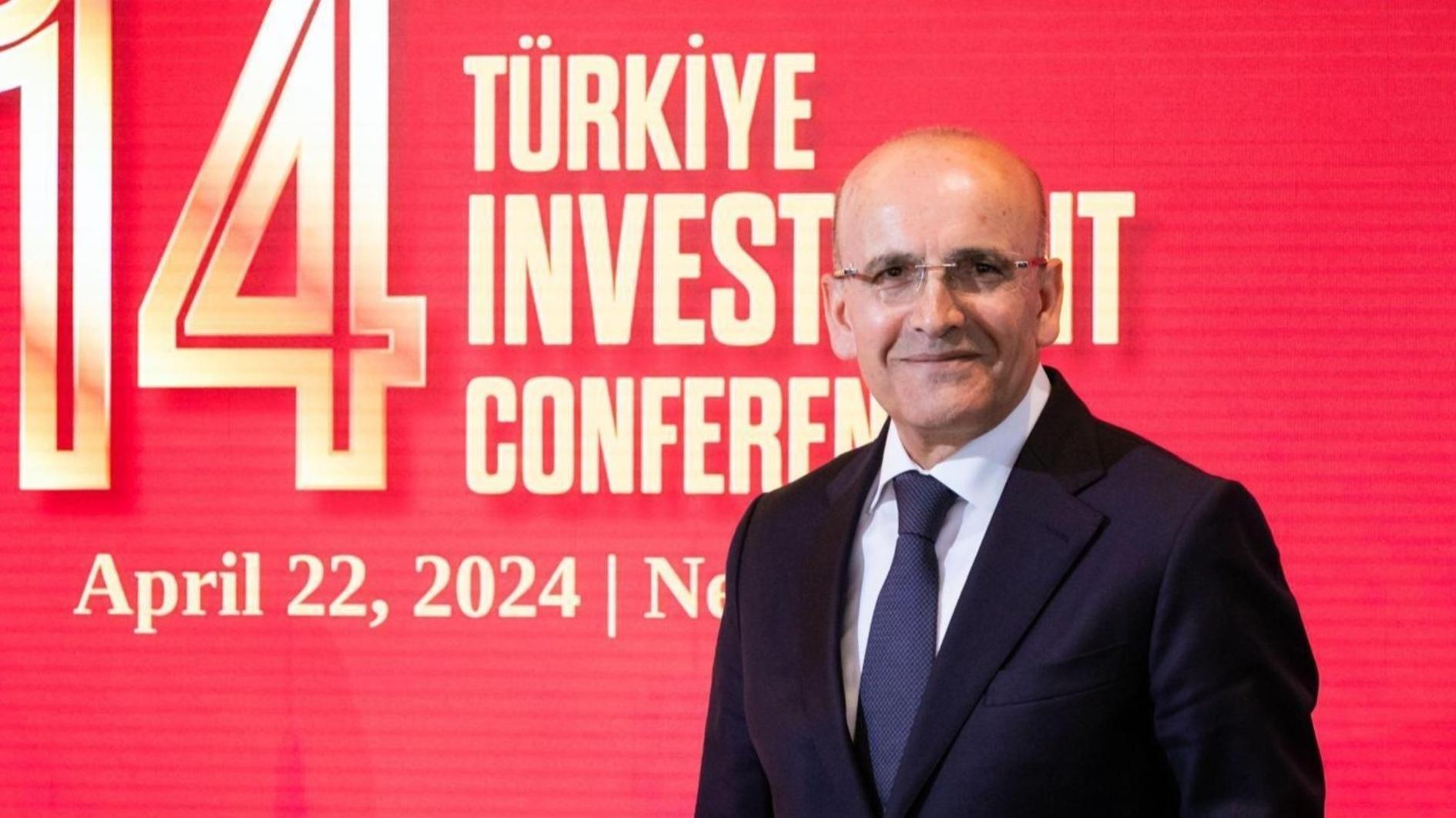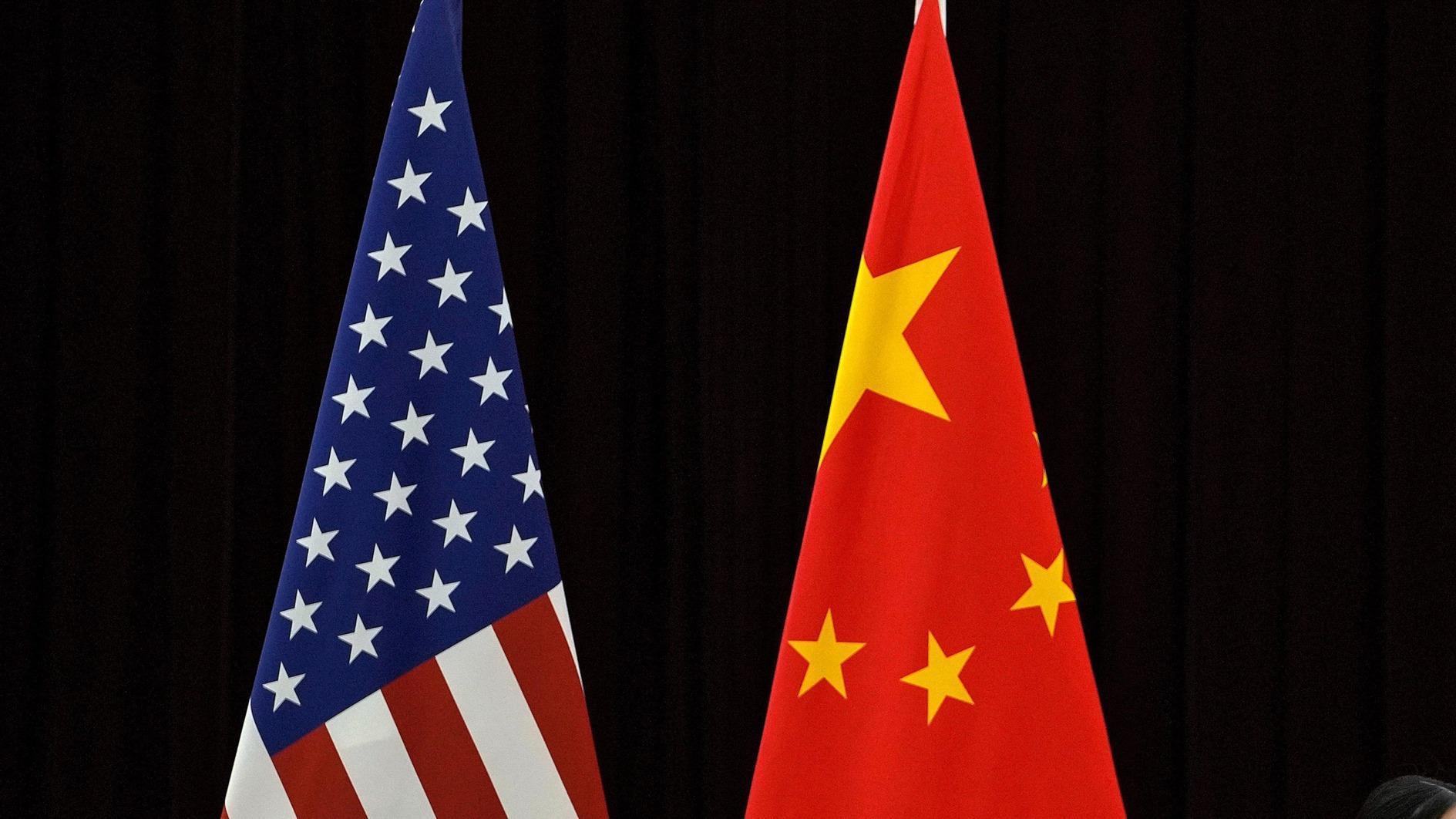Turkey’s new PM describes Syria meltdown as ‘meaningless war’
Lots of things happened on May 24 that will likely have drastic effects on Turkish politics in the upcoming period.
Firstly, President Recep Tayyip Erdoğan approved Turkey’s 65th government, formed by 27th Prime Minister Binali Yıldırım, who unveiled his much-anticipated council of ministers. Parliament was scheduled to convene on the same day so that Yıldırım could read the program of his government in order to start a process that is planned to schedule the vote of confidence for May 29. Just before this, his predecessor Ahmet Davutoğlu formally handed his position over to Yıldırım, who also announced the Justice and Development Party’s (AKP) new central decision-making brass.
However, a striking development took place in the late afternoon, when the Supreme Court of Appeals gave the green light for the Nationalist Movement Party (MHP) to hold an extraordinary convention. The decision, hailed by dissidents within the MHP, will shake the balances within the party, which currently has 40 seats in parliament. It is particularly significant that it was the appeal’s court – believed to be under the control of the government - that issued this ground-shaking verdict, just hours after MHP leader Devlet Bahçeli expressed strong opposition to any move to change Turkey to a presidential system through a new constitution.
So at the time when the AKP introduces its self-made package of constitutional amendments to change the political system in early June, the MHP will be embroiled in internal turmoil putting Bahçeli’s leadership and the MHP’s integrity in danger. The coming days will show us how all this will shake out, as MHP leader Bahçeli has challenged his opponents by announcing that he will take the party to the convention.
May 24 was also important as Prime Minister Yıldırım delivered his first foreign policy messages, delivered in the first parliamentary group meeting under his capacity as the head of the government.
It should not be forgotten that Yıldırım has never dealt with foreign policy in his previous positions. His messages on foreign policy should be read in line with his consultations with President Erdoğan, who will seemingly opt for a complete overhaul of Turkey’s ties with countries in the immediate neighborhood and beyond.
In his brief statement on foreign policy, Yıldırım recalled that Turkey’s region was currently a picture of nothing but conflicts. “We are aware of this. So what will we do? Very simple: We’ll increase the number of our friends and we’ll decrease the number of our enemies,” he said.
This statement contained hidden criticism of Davutoğlu’s foreign policy choices, which were blamed for Turkey’s growing regional isolation. It looks like restoring ties with countries like Israel, Egypt, Russia and Iraq will be among the top priorities of the new government, although it will surely take a while to normalize relations with Russia. Turkey and Israel are already very close to a deal, while there is a growing understanding in Ankara and Cairo that the two capitals will find a way to establish political dialogue - though president-to-president talks are a long way off.
Another important signal was how Yıldırım described the ongoing Syrian unrest, now in its fifth year. Turkey’s new prime minister described the conflict as a “meaningless war,” in which Muslims are killing Muslims. Given the fact that Ankara has long been trying to adapt itself to the fact that Syrian President Bashar al-Assad will remain in his position, it could be argued that Turkey will become less visible in future phases of the conflict.
Turkey will still take all necessary measures to protect its border and people, as well as to intensify its cooperation with allies to push Islamic State of Iraq and the Levant (ISIL) from its border. It will also use all its political leverage to urge the United States and others not to cooperate with Syria’s Democratic Union Party (PYD), an offshoot of the outlawed Kurdistan Workers’ Party (PKK).
But there remains an important question: Will Turkey halt its logistical and military support to rebel groups inside Syria, after Yıldırım called the conflict a “meaningless war”? Or will Ankara instead try to convince its regional allies, Qatar and Saudi Arabia, that it is a meaningless conflict and they should also withdraw their military support? Indeed, will the new government now try to put all the blame on outgoing PM Davutoğlu, after five years of a war that has killed nearly half a million Syrians and displaced millions more?











